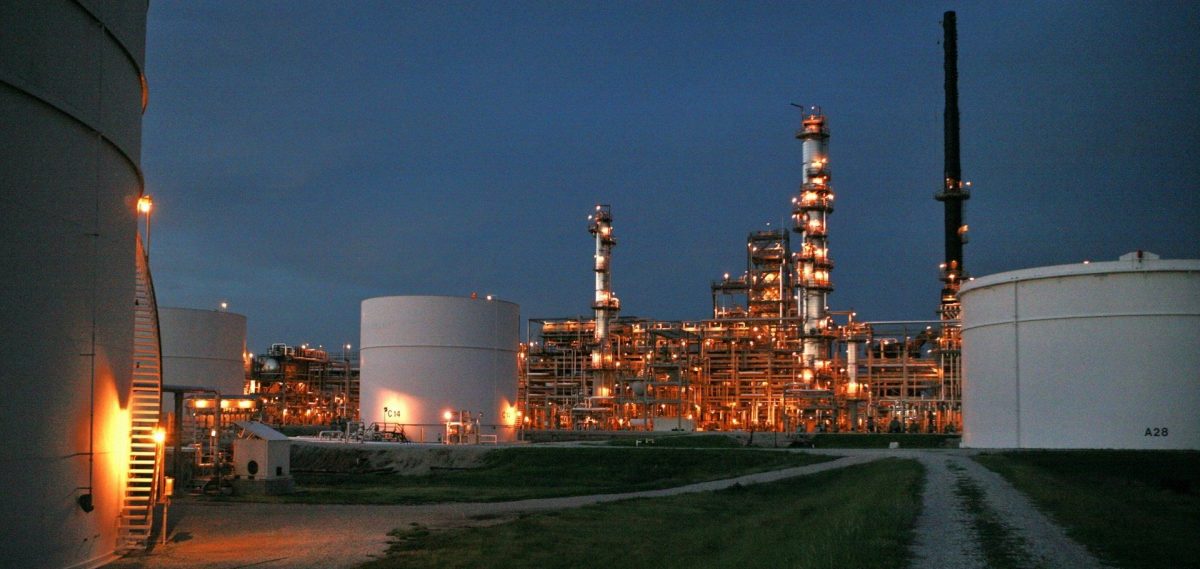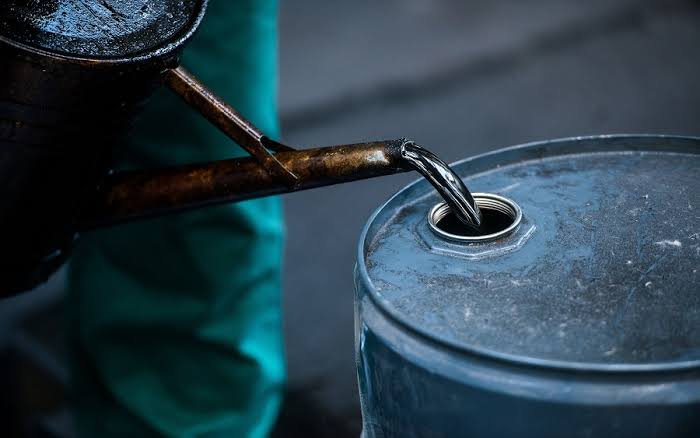In spite of the high hopes that the passage of the Petroleum Industry Bill (PIB) would lead to increased revenue for the Federal Government, the International Oil Companies (IOC) on Monday warned that that the Bill may reduce Nigeria’s global competitiveness if passed in its current form.
The IOCs represented by the Oil Producers Trade Section (OPTS) raised the fear during a public hearing on the PIB, organised by the Senate Joint Committee on Petroleum (Upstream, Downstream and Gas) in Abuja.
The Chairman of the OPTS, Mike Sangster, said: “We fear that if the PIB is passed in its current form, it will not meet the government’s objectives of making Nigeria the leading destination for oil and gas investment and the recent scarcity of investment – only $3bn out of $70bn (representing 4 per cent) in Africa – will continue.
“This lack of competitiveness is caused in part by the high cost of doing business in Nigeria, with overall project costs and operations costs being 69% and 42% higher than the global average respectively.
“Nigeria’s Government Take also remains high and uncompetitive, exceeding that of most comparable prolific basins.
“A PIB, which safeguards existing projects and introduces competitive terms, is required to fully utilise the country’s resources for the benefit of all Nigerians.”
Sangster said that after a diligent review of the PIB, the OPTS lauds the “Federal Government’s efforts to introduce a comprehensive bill to address a number of issues affecting the operation of the industry.”
He said that the OPTS observed some positive provisions in the PIB which include: “Lower headline tax rates for onshore and shallow water oil development activities, gas production not subject to the new Hydrocarbon Tax (HT), and maintenance of current tax consolidation principles for the purpose of Companies Income Tax (CIT).”
He listed other benefits of the bill to include “optional conversion to new PIB, recognition of ongoing Deep water negotiation and commercialisation of the Nigerian National Petroleum Corporation (NNPC)…”
Sangster added: “However, we have also observed that there are a number of issues in the PIB that remain of concern to the industry.
“These issues have the potential to hinder the realisation of the PIB’s laudable objectives, to reduce Nigeria’s competitiveness and to deter the much-needed investments – especially tin Deepwater – to grow new projects.”
The areas of concern according to the OPTS chief are Deepwater development, lack of key enablers for domestic gas development, preservation of base businesses & rights and segregation of Upstream and Midstream deemed assets.
Others are administrative complexities and absence of a robust dispute resolution framework, capital allowances and deductions and preservation of earned rights and investments integrity for Marginal Fields.
However, Senate President Ahmad Lawan, said that the PIB will ensure that Nigerians benefit optimally from crude oil production and sale of fossil fuel reserves.
According to the Senate President, the National Assembly in its consideration of the Bill would ensure that the law guarantees improved revenue earnings for the country.
Lawan said: “Let me say this, we (National Assembly) will pass this bill not without ensuring that it is a bill that satisfies certain conditions.
“Nigeria is blessed with these resources; we want Nigeria to benefit optimally from them. In fact, we are in a hurry because we have lost so many years of benefits that we could have had.”
Minister of State for Petroleum, Timipre Sylva, noted that apart of the current COVID-19 crisis that has cause the strongest recession experience, the oil industry is faced with other critical challenges.
He said: “Several nations have announced their intent to comply with the Paris agreement 2016 and adopted climate change policies by 2050 or 2060.
“This means that the usefulness of fossil fuel will diminish significantly. Indeed
UK, South Korea, China, Brazil and some other nations fall within this category.
“Global financing of fossil fuel projects have also been affected with many investor nations and other major players within the financial ecosystem have reiterated their intention to stop funding projects fitting this description in 2025.
“This will inevitably impact the ability of industry players to access the needed funds with which we will bring assets into production and by extension reduce government’s revenue ordinarily.”
Group Managing Director of try NNPC, Melee Kyari, lamented that the oil industry has not seen significant investments and developments since year 2000 till date.
When we started the journey to PIB in 2000 through the oil and gas reform committee, that was the beginning of uncertainty in the industry.
Since 2000 till this moment, I can also confirm that the industry has not seen significant investments and developments.
Kyari said: “The reason is very clear. We have stagnated and that stagnation we need to exit it like yesterday.
“20 years ago, the top most companies were oil and gas companies but today the top most company is a supermarket.
“In more than 30 years to come, we will still be resource dependent in the sense that it is a developing country and we have 70 per cent of our population below 30 years of age.
“The PIB will bring us back into reckoning to take advantage of the resources that we have today so this country can make progress.”
On their part, the Host Communities of Nigeria Producing Oil and Gas, insisted on 10 percent equity shareholding in the three companies to emerge from the commercialisation of the NNPC.
The National President of HostCom National, Dr. Benjamin Tamaranebi, said:
“After 60 years of marginalization and bearing the brunt of the negative impacts of exploration and exploitation.
“Today some states have started discovering and enjoying their natural resources but the oil producing states and HostCom are not envious of them therefore our position is sacrosanct.
“It will be very absurd and economically very illogical to deprive HostCom the right to equity shareholding in both the establishment of the NNPC Limited, the Commission, the Authority and the Boards.
“Rather than attempt to sell performing equity as stated in the 2020 PIB, no equity/asset is performing more than our Oil and Gas reserves.
This quest to take over complete control of all our National assets by a very unpatriotic few has to stop.”
Tamaranebi later told reporters that the provision that oil companies should contribute 2.5 per cent of their operating expenditure to the Host Community Development Trust Fund should also be increased to 10 per cent.
On her part, President, Women in Energy Network (WIEN), Funmi Ogbue, that the provision that oil companies should contribute 2.5 per cent of their operating cost to the host community development trust fund is exorbitant in view of other taxes they are presently paying.
Ogbue said: “WIEN believes that 2.5% is too expensive. WIEN posits that a total of not more that 1% consistent with other statutory provisions like the Nigerian Local Content Act 2010; replace the current figure captured in the PIB.”

